
The Road to Global Prosperity
ISBN: 9781476750019
Pages: 223
Recommendation
The 2008 recession created little international political fallout save renewed commitment to democratization and openness in once-closed societies. Global trade continued apace. Michael Mandelbaum therefore argues that global capitalism has taken root, a trend he finds virtuous. Aside from his intriguing high-level conclusions, Mandelbaum – co-author of That Used to Be Us with Thomas Friedman – doesn’t break new ground; instead, his purpose is analysis. He limns the causes of recession, the euro crisis and the emergence of Brazil, Russia, India and China. Caveat: The book came out before Russia’s actions in Crimea, which clearly challenge some of its related conclusions, but otherwise getAbstract recommends Mandelbaum’s ideas to investors and policy makers seeking insight into the broader forces shaping the world economy today and tomorrow.
Summary
About the Author
Michael Mandelbaum, author of That Used to Be Us with Thomas Friedman, directs American Foreign Policy at The Johns Hopkins School of Advanced International Studies.









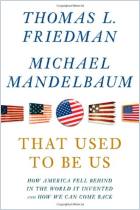
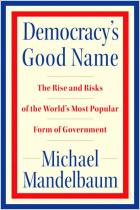

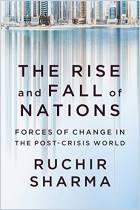
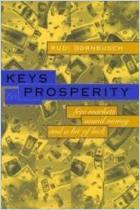
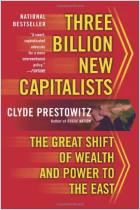

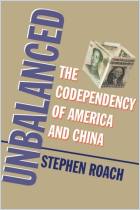




Comment on this summary